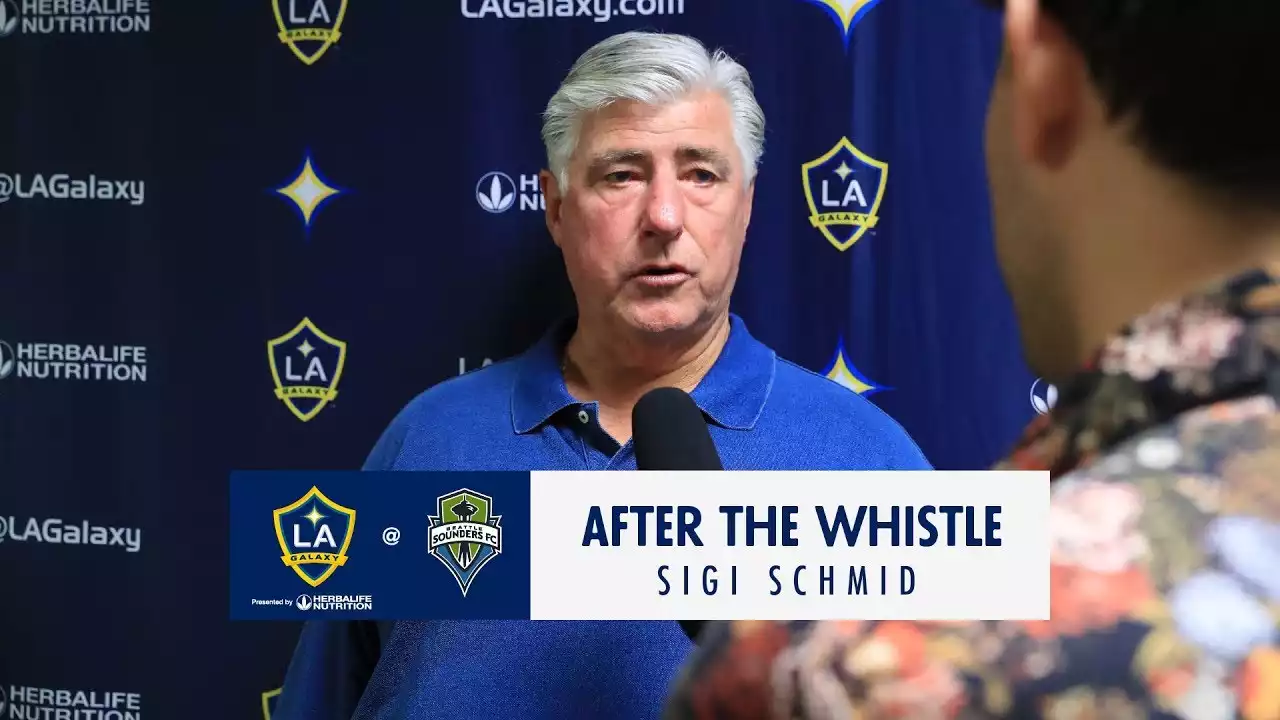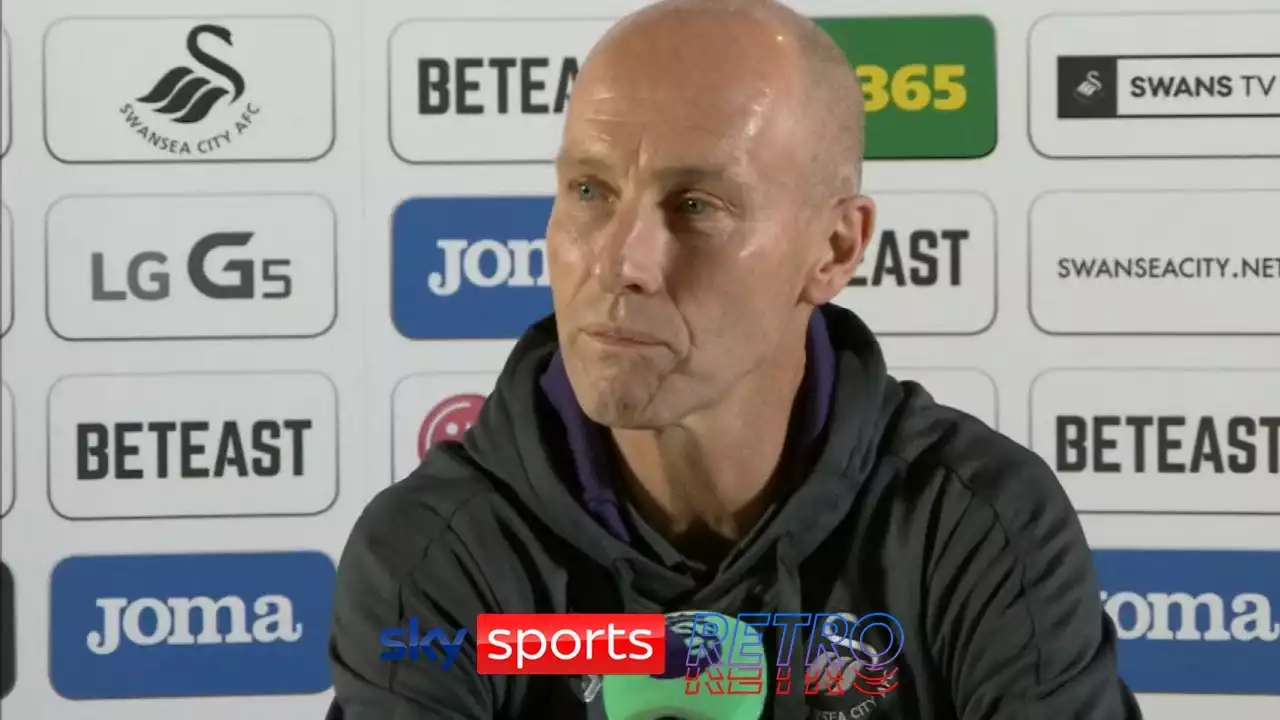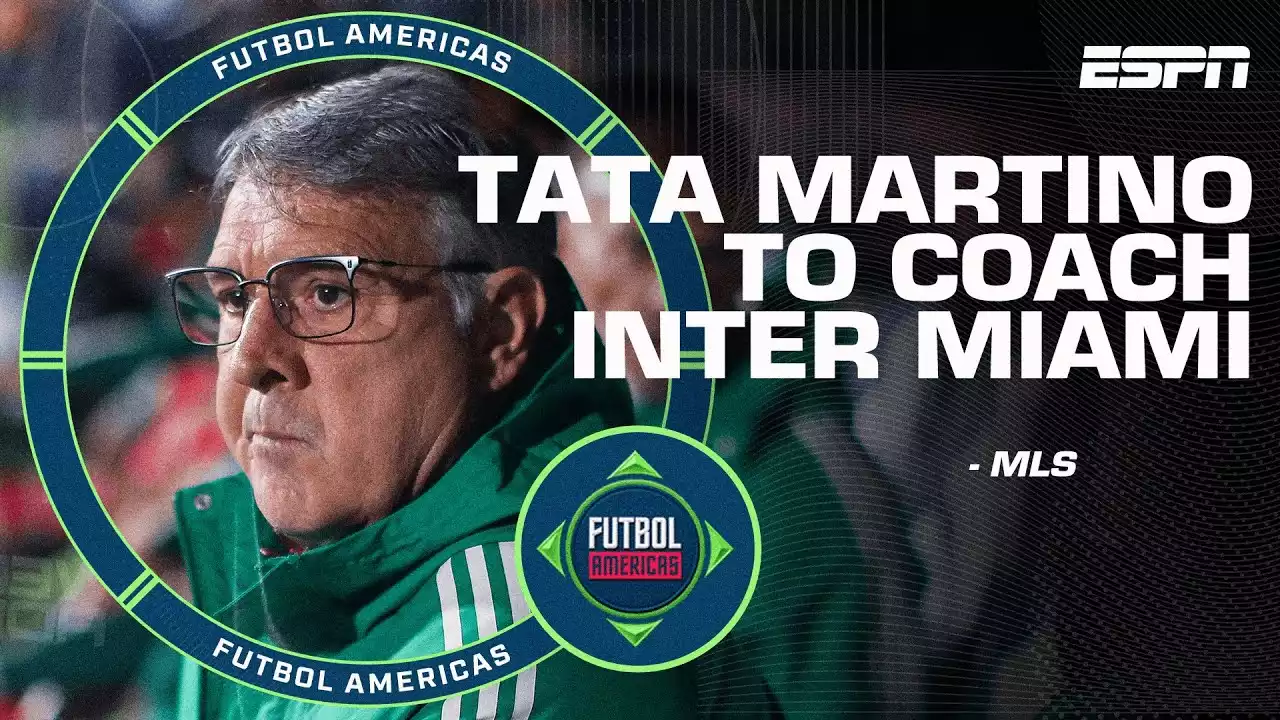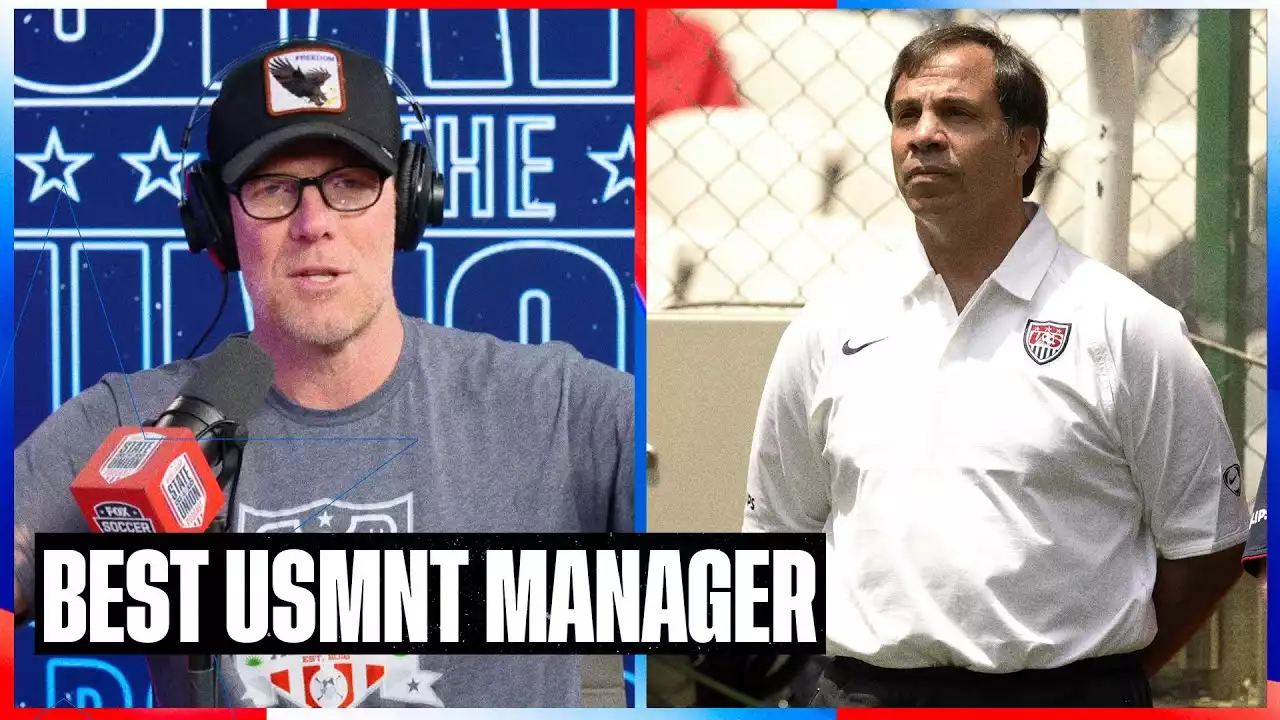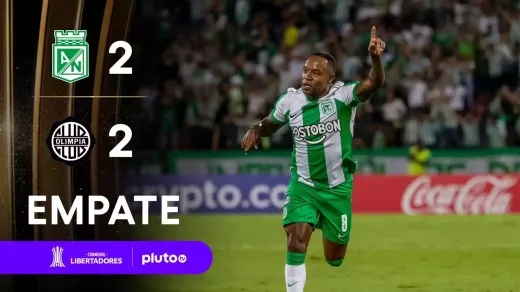The Impact of Managerial Rivalries on Team Performance
Managerial rivalries have a significant impact on team performance in MLS. When two managers lock horns, their desire to outdo each other often translates into a more intense and focused approach from their respective teams. The pressure to perform and prove their worth to their manager can bring out the best in players, leading to improved performances and results on the field. Additionally, the presence of a rival manager can act as a catalyst for innovation and tactical adjustments, forcing teams to adapt and find new ways to succeed. The heightened competition created by managerial rivalries pushes teams to raise their game and strive for excellence, ultimately benefiting the league as a whole.
Furthermore, the impact of managerial rivalries extends beyond the immediate team performance. It can have a ripple effect on the entire league, as other managers and teams take notice and adjust their strategies accordingly. A highly competitive environment breeds innovation and raises the overall standard of play, as teams are constantly pushed to improve and keep up with their rivals. This healthy competition fosters an environment of continuous growth and development, ensuring that MLS remains a league at the forefront of global soccer.
Notable Managerial Rivalries in MLS History
Over the years, MLS has witnessed several memorable managerial rivalries that have left an indelible mark on the league's history. One such rivalry that stands out is the battle between Bruce Arena and Sigi Schmid. Arena, known for his tactical acumen and ability to build successful teams, clashed with Schmid, a master of motivation and man-management. Their rivalry reached its peak when Arena's LA Galaxy and Schmid's Seattle Sounders consistently met in high-stakes playoff matches. Each encounter was a tactical chess match, with both managers trying to outwit and outmaneuver each other. The intense battles between these two giants of the game captivated fans and showcased the competitive spirit that drives managerial rivalries in MLS.
Another notable rivalry in MLS history is the clash between Caleb Porter and Dominic Kinnear. Porter, known for his attacking philosophy, and Kinnear, a master of defensive organization, often found themselves pitted against each other. Their different approaches to the game led to intriguing tactical battles, as Porter's possession-based style clashed with Kinnear's counter-attacking approach. The rivalry between these two managers added an extra layer of excitement to matches involving their teams, with fans eagerly anticipating the tactical battles that would unfold on the field.
The Psychology Behind Managerial Rivalries
Managerial rivalries in MLS are not merely a result of tactical battles and on-field clashes. They often stem from deeper psychological factors that drive managers to compete fiercely with each other. These rivalries can be fueled by a desire for recognition and validation, with managers striving to prove themselves as the best in the league. The competitive nature of the sport and the pressure to succeed also play a significant role in fueling these rivalries, as managers are constantly under scrutiny and judged based on their team's performance.
Moreover, managerial rivalries can be influenced by personal factors, such as past encounters or disagreements, which add an extra layer of intensity to the competition. Managers may carry grudges or seek revenge for previous defeats, further fueling their desire to outdo their rivals. The psychological aspect of managerial rivalries adds an intriguing dimension to the battles that unfold on and off the pitch, as managers use mind games and psychological tactics to gain an advantage over their opponents.
Strategies Used by Managers to Gain an Advantage
In the world of managerial rivalries, every advantage counts. Managers employ various strategies to gain an edge over their rivals, both on and off the field. Tactical adjustments and innovative game plans are often used to exploit weaknesses in the opposition's setup, while mind games and psychological warfare can disrupt the focus and confidence of rival teams. Press conferences become battlefields, with managers using carefully chosen words to unsettle their opponents and influence public opinion. The strategic battle between managers can be as captivating as the action on the field, as they employ every tool at their disposal to gain an upper hand in the turf wars of MLS.
The Role of Media in Fueling Managerial Rivalries
The media plays a crucial role in fueling managerial rivalries in MLS. Journalists and pundits often sensationalize the clashes between managers, amplifying the rhetoric and intensifying the spotlight on these rivalries. Press conferences and interviews become platforms for managers to make bold statements and engage in verbal sparring, with the media eagerly reporting and analyzing every word. This constant media scrutiny further elevates the stakes of managerial rivalries, as managers strive to gain the upper hand not only on the field but also in the court of public opinion.
How Managerial Rivalries Affect Fan Engagement and Attendance
Managerial rivalries have a significant impact on fan engagement and attendance in MLS. The intensity and drama of these rivalries captivate fans, creating a sense of anticipation and excitement around matches involving rival managers. Fans become emotionally invested in these battles, as they pick sides and passionately support their team and manager. The rivalry between managers can also create a sense of unity among fans, as they rally behind their team in the face of a common adversary.
Moreover, the heightened competition and quality of play resulting from managerial rivalries attract more fans to stadiums. The prospect of witnessing a thrilling tactical battle between two top managers becomes a compelling reason for fans to attend matches. The increased attendance adds to the vibrant atmosphere in stadiums, creating a spectacle that further enhances the overall fan experience. Managerial rivalries, therefore, play a crucial role in driving fan engagement and attendance in MLS.
The Influence of Managerial Rivalries on Player Transfers
Managerial rivalries can also have a significant influence on player transfers in MLS. When managers clash on the touchline, their interactions and the overall atmosphere surrounding the rivalry can impact players' decisions to join or leave a club. The allure of playing under a successful and respected manager can be a determining factor in a player's decision to sign for a particular team. On the other hand, a strained relationship between a manager and a player can lead to transfer requests and a desire to move to a club with a more favorable environment.
Furthermore, the success and reputation of a manager can attract high-profile players to a club, as they seek to be a part of a winning team and work under a renowned tactician. The presence of a rival manager in the league can act as an additional incentive for players to join a particular club, as they relish the challenge of competing against the best in the league. Managerial rivalries, therefore, have a direct impact on the recruitment and retention of players in MLS.
The Future of Managerial Rivalries in MLS
As MLS continues to grow and evolve, managerial rivalries are likely to play an even more significant role in shaping the league's landscape. With the influx of top managers from around the world, the competition for success and recognition will only intensify. The tactical battles, mind games, and personal rivalries will continue to captivate fans and drive the league forward. MLS has become a breeding ground for managerial talent, and the emergence of new rivalries will add an extra layer of excitement to an already thrilling league.
